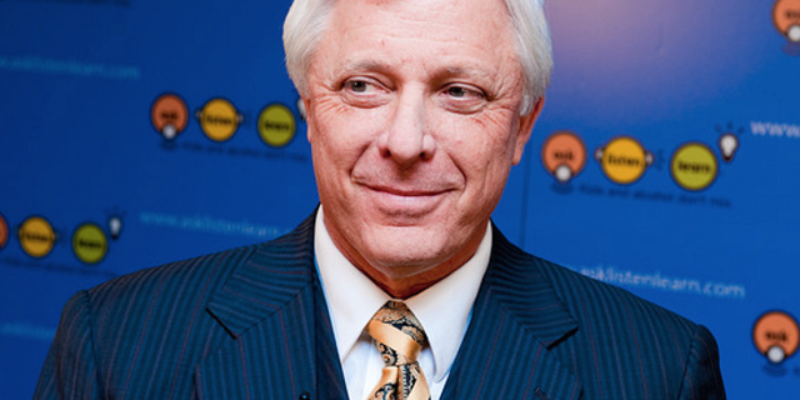Editor’s Note: A guest post from Tiger Joyce, president of the Washington, D.C.- based American Tort Reform Association.
Ahead of every state election for attorney general, the American Tort Reform Association (ATRA) sends to all candidates its Attorney General Transparency Questionnaire , seeking to learn their positions on transparency and accountability in contracting with outside counsel for state legal work.
Jeff Landry was the only 2015 candidate in Louisiana to respond, positively committing to run the office of attorney general in a manner distinctly different from that of incumbent James “Buddy” Caldwell, who Landry will face in the November 21 runoff election.
As many Louisianans know, some in the media and elsewhere have criticized Caldwell’s so-called “Buddy System,” in which politically connected trial lawyers are invited aboard a “gravy train” of “highly lucrative and legally-suspect” contracts to pursue often speculative lawsuits against deep-pocket corporations in the state’s name.
Beyond Louisiana’s borders, many state attorneys general have similarly turned to such outsourcing of litigation work to private-sector personal injury lawyers who also happen to be friendly campaign contributors. Too often the public interest takes a backseat to these lawyers’ personal financial interests. And the no-bid contracts with handshakes behind closed doors are an affront to taxpayers. After all, no state transportation department hires a construction company to build a highway without inviting competitive bids for the work.
In Caldwell’s case, plaintiff’s lawyers who have enjoyed state contracts or would like to have, not coincidentally, written generous campaign checks. From 2008 to 2014, Caldwell received $234,000 from nearly 100 trial lawyers across the state. In 2015, as he seeks a third term in office, personal injury lawyers have supported Caldwell’s political future by contributing more than $155,000 through September.
Although state AGs need some discretion and independence to enforce the law in the public interest, they must scrupulously avoid being influenced by third-parties with private financial interests in the outcome of litigation. Some litigation can be particularly complex, so it may occasionally be necessary for a state attorney general to look beyond his state-paid staff for specialized legal expertise. But to remain accountable to the public and otherwise ensure transparency, these five principles should govern the process of contracting with outside counsel:
A. DISCLOSURE: All contracts with vendors, including outside counsel, who provide services to the state or perform legal work in the name of the state, should be posted on the Internet for public inspection.
B. VALUE: In every instance, the attorney general should seek to provide the highest quality services at the best value to state citizens when contracting with outside counsel. Unless an extraordinary situation requires assistance from a specific legal expert with technical or scientific experience not generally available, every effort should be made to competitively bid contracts for outside counsel.
C. OVERSIGHT: Given that contingent fee-based contracts are often used when attorneys general are pursuing litigation that potentially has a significant public policy or regulatory impact, such contracts should be subject to review by the Legislature.
D. REPORTING: Outside counsel providing services to the attorney general on behalf of a state’s citizens and taxpayers on a contingent fee basis shall be required to disclose detailed information on the hours worked, services performed, and fees received from the state or awarded by a court, as long as this reporting does not undermine the attorney-client privilege.
E. ACCOUNTABILITY: All monies recovered by the attorney general as a result of lawsuits won or settled by the state, including attorneys’ fees, should be deposited in the state treasury for appropriation by the legislature unless a settlement with the attorney general’s office stipulates that the funds shall be allocated to a specific entity. At no time, shall an attorney general enter into a settlement that allows the office of the attorney general to disseminate funds at its discretion.
In completing the ATRA questionnaire, Jeff Landry has pledged to uphold these principles and to decline campaign contributions from private-sector attorneys or firms who seek to represent the state. Incumbent Caldwell, on the other hand, has yet to make the same pledge, leaving Louisianans to wonder whether he’ll see to it that all litigation undertaken in their state’s name is truly in the public interest.
Advertisement
Advertisement

